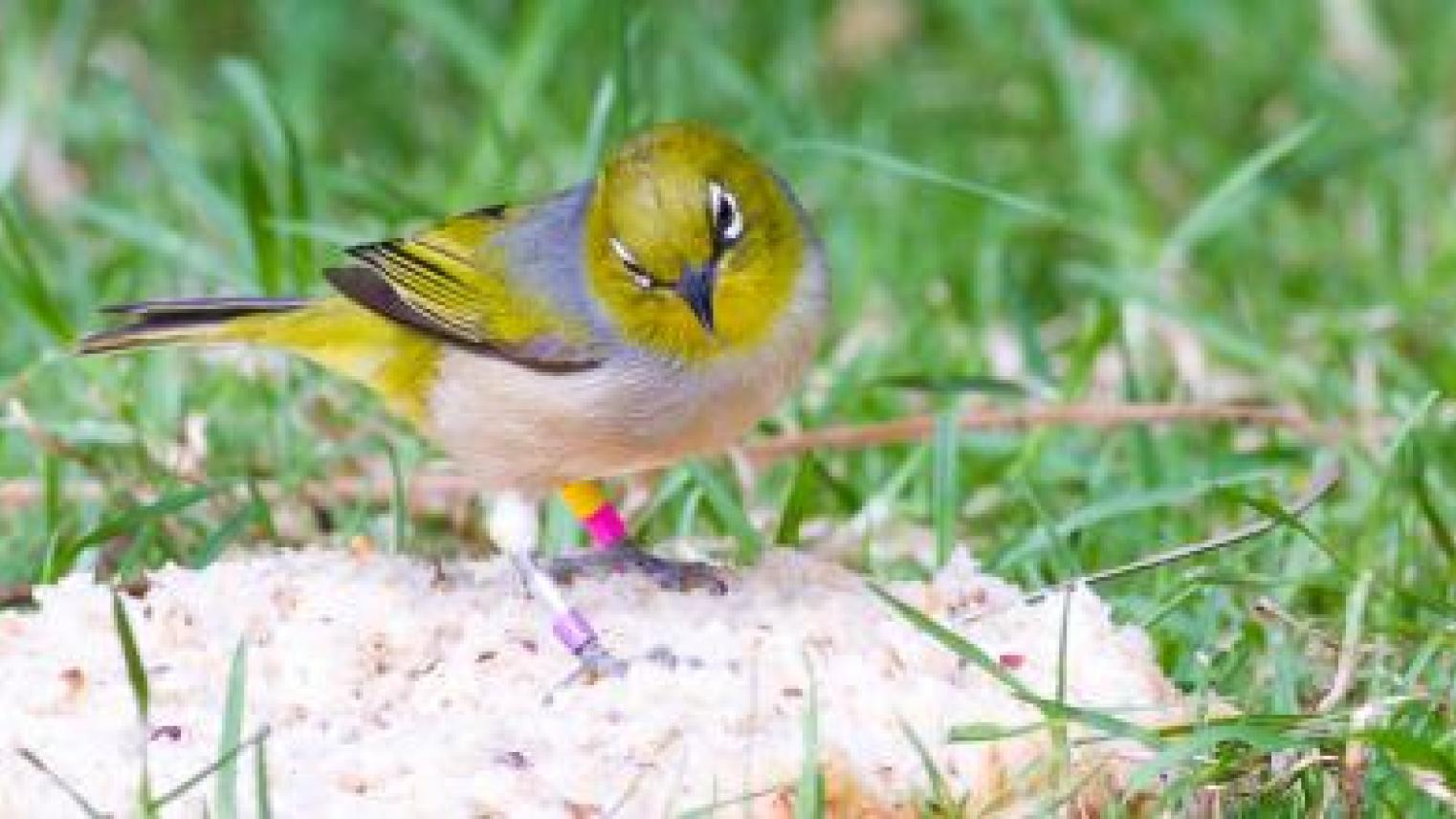This event will be hosted in hybrid format, with both online and in-person attendance options. Online guests will receive Zoom details once they register for the seminar via Eventbrite.
Passerines, or true songbirds, are one of the only groups of animals that are able – and indeed are obligated – to learn how and what to vocalise such that they can communicate effectively with their own species. Birdsong, therefore, is shaped not only by passerines’ morphology and genetics, but in large part by their environment, both social and physical. Socially, songbirds engage in tutoring to pass on song components to one another, and song is also developed by young birds listening to other surrounding conspecifics communicate with one another. Physically, environmental factors can affect what sounds are transmitted most effectively from sender to receiver, thus shaping what individuals can hear and therefore what they learn. Over time, these factors result in geographic differences in songs within species, akin to accents or dialects, that can be detected and analysed in similar ways as other evolutionary processes. I use different animal models to investigate such patterns especially in modern contexts such as urbanisation, to understand how human environments are acting as selective pressures on birds’ songs, and how these pressures are shaping the vocal cultures of avian species.
Event Speakers

Dr Dominique Potvin
Dr Dominique Potvin's research focuses on the sources of selection contributing to the evolution of vocalizations, especially birdsong, and the impact of anthropogenic activities such as urbanization, noise and language use, on vertebrate populations. Dominique takes an interdisciplinary approach incorporating genetics, bioacoustics, ecology, physiology and neuroscience.
